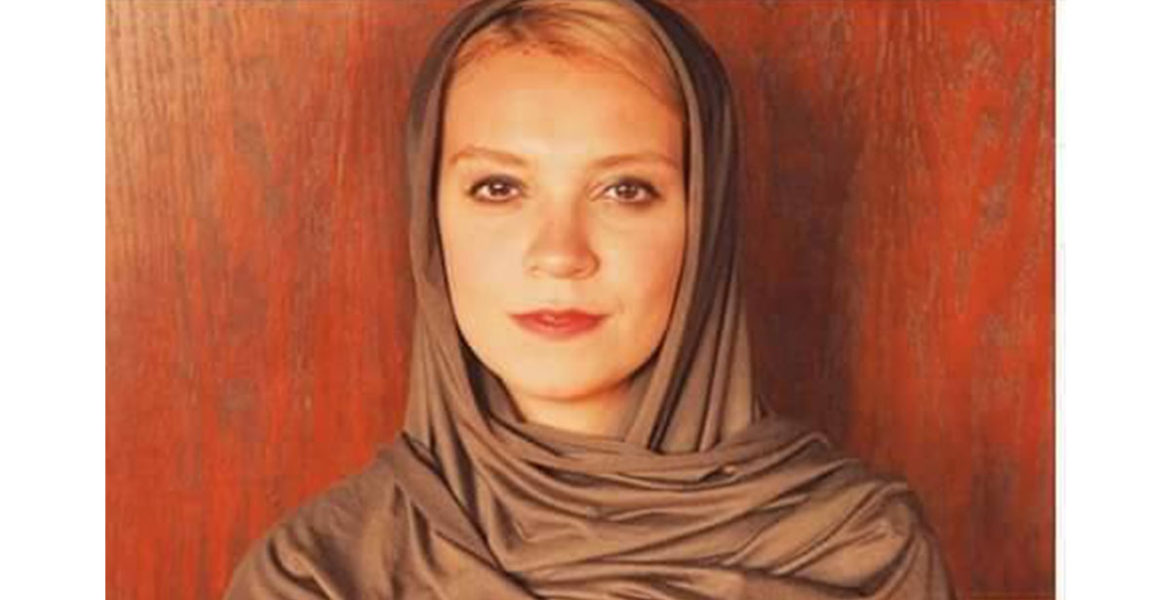“Our heartbeats are music. A woman’s voice is never a sin!”
We live in a world drenched in stereotypes; if we said otherwise our world would be drenched in denial as well. No one is safe, not even the “majority”. For example, the majority of Egyptian girls are veiled, so the entire world may erroneously believe that this protects them from being judged, when ,in fact, if a veiled Egyptian girl decided to step out of the roles society has given her, she has to fight to be accepted. We sat down with May Abd El Aziz, a veiled young lady who expresses herself through music.
One of the stereotypes held towards veiled girls is that they usually are not into the performing arts. How do you combat this?
The problem for Muslim girls with a certain appearance is that we’re expected to do certain things only because of the way we’re covered up. Even when it comes to simple things like supporting a certain cause, I could still be told that I don’t belong there. We can combat it by reaching out to the media and being ourselves. If you believe in something then express it, dream of it, and work on it.
Pop music in the Middle East can be redundant and it is always refreshing to see young performers like you who actually write their own music, when did you decide to do that?
I would say around a year and a half ago, that’s when it started to have a certain cause. Before that, I used to do stuff for the radio, and it was advertisements and campaigns, then I realized that I wanted to do something bigger.
Have you always been interested in music or was this just a way for you to deliver your message?
I think so, but it’s not like I played an instrument since I was a child. It was just singing, listening to music. I listened to everything, not a specific genre.
How important was the support of your family and friends when you decided to take that step?
Extremely important. My mom had certain fears but my father is beautiful, he’s been supportive all the way.
We each have someone that inspires us to pursue a certain path, who was yours in this case?
That’s my family, of course. I have certain people who have affected me as well. Definitely the prophet. I would also say Nelson Mandela and Princess Diana.
Many would argue that women are still used as a commodity in the media. Do you think the way women, veiled or not, are represented in the media is unfair?
Some of them are; some of them are not. A few years back it was crazy, you would find those video clips, remember them? They are still there but now it’s a bit better. There’s an incredible amount of awareness now.
How can we change that?
By changing the way we present women to the media.
Was the feedback you’ve received regarding your performances so far promising?
It has been beautiful. Especially the song about the Prophet, I was told by a Muslim guy From Holland that he was out with girls who thought Islam did not treat women right. He didn’t have to explain himself and only showed them the song.
Do you think that Egypt now is more willing to accept a veiled artist who speaks her mind?
Definitely! If you compare it to 4-5 years ago when there were only specific singers out there. Social media changed everything!
Do you think you can ever make a living out of music?
In order for music to be my career, I’ll have to put off lots of other things that I’m passionate about. I love music but not as a career.
What would you change about the music scene in Egypt?
The music scene in Egypt now is beautiful and diverse. I love it and I’m proud to witness an era of self-built talent. What I would change would be the lyrics of some songs.
Some would say it’s a sin for a woman’s voice to be heard. What do you say to that?
Earth moves in music, our bodies are walking music, our heartbeats are music. A woman’s voice is never a sin; it’s the content of the song that directs you. One lovely girl once told me because of my songs about the prophet, she started praying again. This is how a song or certain lyrics could affect us.

